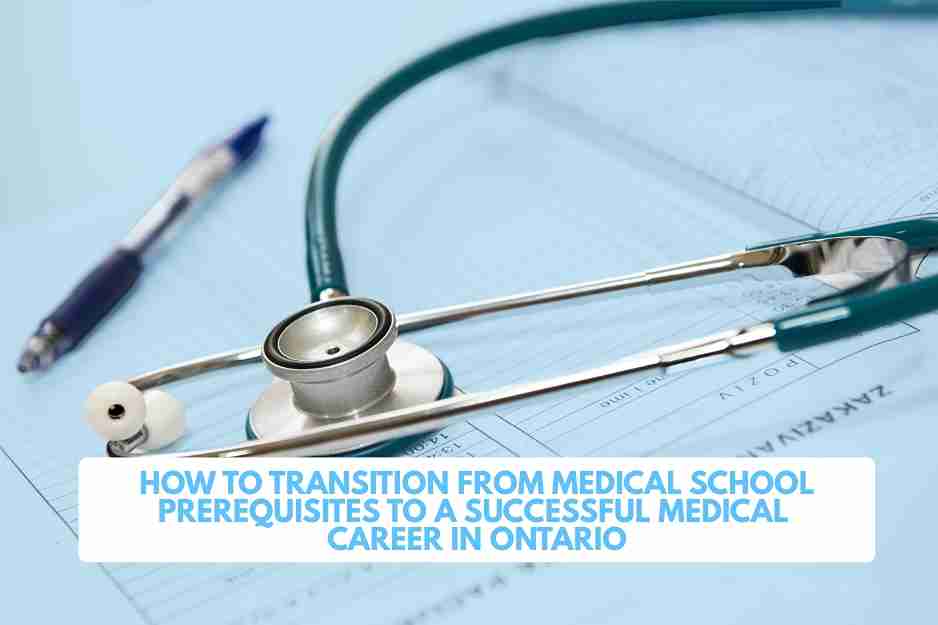The US MD cycle starts a lot earlier and is rolling compared to Canadian schools! Pre-interview, applicants must complete a Primary Application and a Secondary/Secondaries. May 1st is when the AMCAS Application Portal opens. This means you can start filling out your Primary App – Personal Statement, Work/Activities, School Choices, Ordering Transcripts, MCAT Score Entering, etc. in the online portal. However, May 30th is the first day any applicant is allowed to submit their application to AMCAS to ‘verify’. This verification process can range from a couple of days to a couple of weeks, and will generally take longer the later you submit your Primary App in the cycle. Every applicant should be verified before they can start to complete and officially submit their ‘Secondaries’ to schools. After verification, June 28 is typically the first day that schools will send out their Secondaries. These can be pre-written during the time it takes for you to get verified, and they usually ask applicants why they would be a good fit at their specific school (directly or indirectly) and what makes them unique. This is more specific when compared to the primary app, which only gives readers an overall sketch of a person. Try to submit as early as possible for all components, especially as an international applicant! This will give you the best chance to receive an interview.
Tips for the Primary and Secondaries for US Medical School Applications
- Although the process may imply speed, never jeopardize quality. Especially for the primary app, the Personal Statement and Work & Activities will be read by EVERY school you apply to. Take a few more days to perfect it, even if it means submitting later than your friends. Hypothetically, if you rush and submit a lesser quality application to a school, it won’t matter if you are weeks ahead. The US MD cycle is already extremely long compared to Canada.
- Don’t burn out, but at least pre-write Secondaries for schools that are your top choices. Usually schools don’t change their Secondary questions year after year, and their questions can be found online through a simple Google search. You can simply copy and paste from your Word Document to the portal when it comes time (check if it copied the grammar exactly over).
- Many rounds of edits and feedback can be frustrating, but just know it’s in your best interest to consider them. Even if individuals aren’t in the medical or scientific field, if they can’t understand what you are writing about, that can be an issue. Every component of your app should be cohesive and easily understood by anyone, even if you did some amazing and complex extracurriculars (EC).
- Develop a theme to your US med school application – what makes you unique? When competing with sometimes over 10,000 applicants per school, you have to stand out. Have you taken up music your whole life and have played for patients in hospitals? Do you have this amazing life story which has changed your perspective and has made you become active in the community? Have you published in many journals and love research? Before you start the primary application, I recommend brainstorming with people that know you best, focusing on one or two themes that make you different.
- To the point above, everyone has a unique story and everyone is different. But it takes time to develop a clear and cohesive written application. So take the time! Stats like GPA and MCAT may determine what range of schools one can apply to, but your writing is the only thing that humanizes you to the admissions committee before the interview.
- Humility is key. According to the AAMC, for the 2018-2019 cycle, 52,777 applicants submitted a total of 849,678 applications to all medical schools in the United States alone. Chances are, the admissions committees have seen your stats and ECs before. In my opinion, it’s not entirely about what you’ve done and the experiences you’ve cultivated, but it’s also about how you communicate it. Taking the time to thoroughly explain your experience, show deep introspection, and communicate what you have then done about it can be a good format to follow. For example, if someone talks about losing 40 pounds, they should also touch upon how they felt during the journey, what they did to overcome challenges, and how they took this accomplishment forward – ie. did they go into the community and help others who are overweight? Lastly, any experience that you focus heavily on should be linked back to how it will make you a better doctor, or a unique one. Reflection and supporting claims with your evidence from past experiences are highly valuable.
- Avoid statements that I classify as “anyone can say that”. Always provide support and examples from your ECs to back up your statements. For example, if you mention you want to be a doctor who focuses on global health, it’s probably a good idea to highlight some global health experience you’ve had. It doesn’t have to be jaw-dropping, but writing down some personal experience(s) to follow such a statement is very important. Otherwise, I could say I want to be a doctor who specializes in global health too, and so can any of the 52,777 applicants if they really wanted to.
- The unwritten rule is Secondaries should be submitted within 2 weeks from receiving the Secondary invite e-mail from schools. This will help indicate your desire to attend a school! Secondaries are unique to every school, and certain schools look for different things – be sure to research a school’s website to find out more details. Ultimately, this part of the application gives you a chance to explain what makes you unique and how you will contribute to their class if admitted.
- Finally, as much as you want an interview and acceptance from all schools you’ve applied to, sometimes schools may feel you are better suited elsewhere. For example, if your strength is community service with no background in research, but you are applying to a research-heavy school, then chances are there may not be a compatible fit. Don’t take things personally, but if you are rejected, always striving to improve as a person is a redeeming quality.


